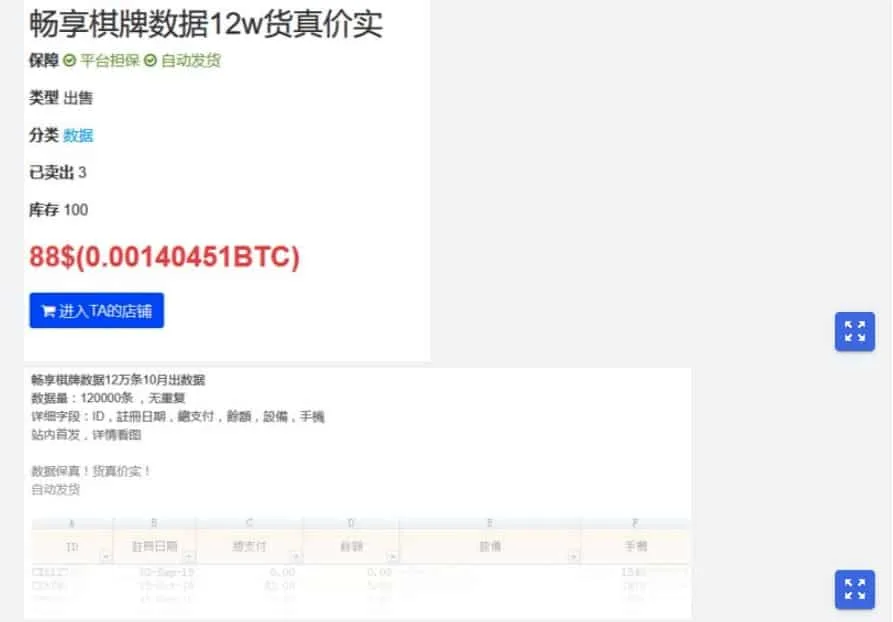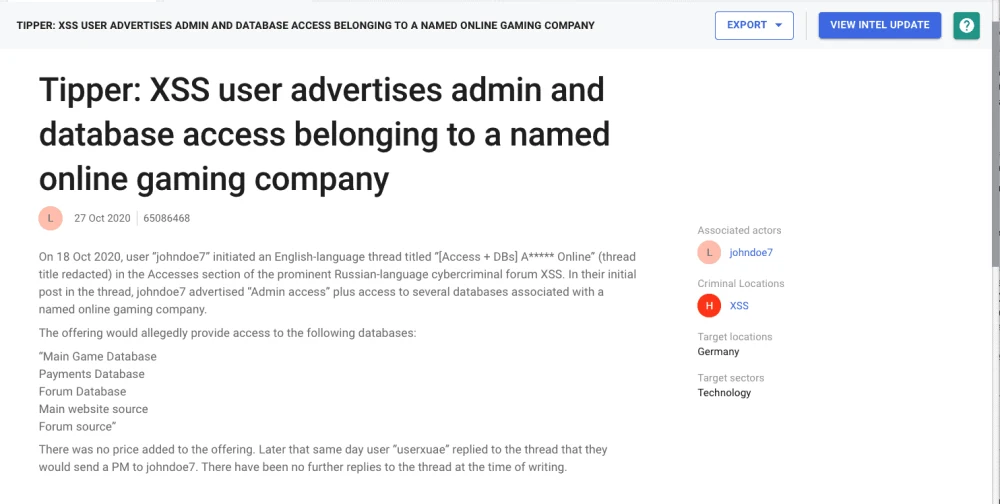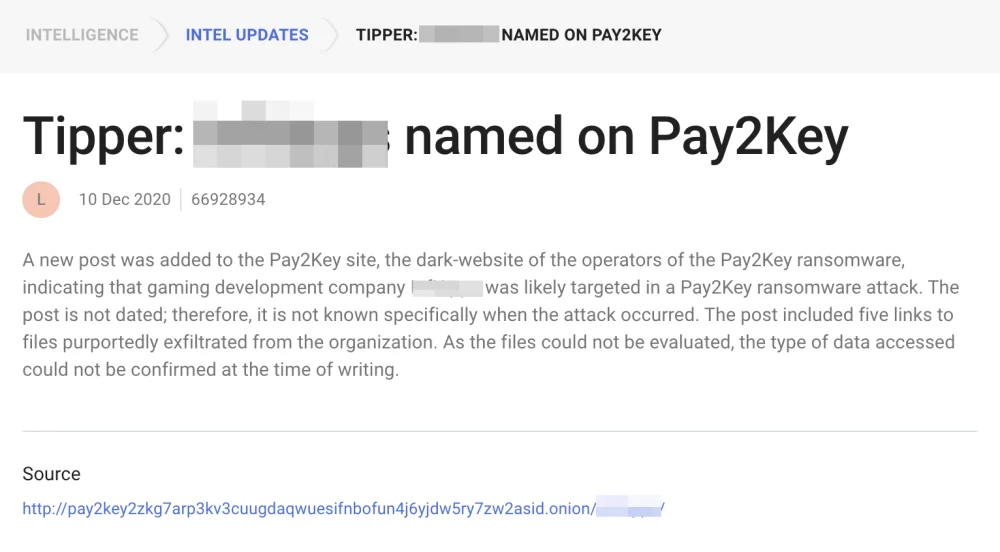Last week, Motherboard reported that source code for FIFA 21 had been stolen from EA sports by hackers. This was based on a post on a criminal forum from 6th June, where a forum user advertised a 780GB dump of the files claiming to be from EA Sports. EA Sports confirmed a data breach had taken place, but stated that customer data had not been stolen.
Beyond the recent EA sports source code breach, there’s plenty of data in the gaming industry that is appealing to a broad swath of cybercriminals. In this blog, we look at why this industry has recently piqued the interest of threat actors, and the top threats that security professionals should be aware of in this arena.
Why Online Gaming and Why Now?
Unfortunately, the targeting of online gaming is not a new trend. Earlier this year, in January, APT 27 reportedly targeted five gambling firms that have become “victims” of such attacks for attempting to or successfully promoting gambling products to Chinese nationals. This followed reports from September of 2020, which involved APT 41’s targeting of hundreds of online gaming companies. Attackers made away with source code, software code signing certificates, customer’s sensitive data to repurpose or resell online.
The theft of intellectual property is one of the primary concerns for online gaming companies.
As in the case of the reported EA Sports breach, the theft of intellectual property is one of the primary concerns for online gaming companies. The companies targeted are often involved in the creation of games, or the underlying supporting software.
This is understandable: a significant amount of capital goes into developing a game or a platform, and so this has obvious appeal to threat actors involved in corporate espionage. However, as the size of the online gaming industry has continued to grow, they have attracted other types of cybercriminals looking to capitalize from stolen accounts, online fraud, and ransomware.
In the following section, we’ll most common types of threat we observed to the online gaming industry including:
Data Breaches
Ransomware and IABs
Phishing and Stolen Accounts
Data Breaches
We often see data breaches associated with online gaming companies offered and shared across various criminal forums. Already in 2021, we have observed both Mandarin and English-speaking threat actors seeking to sell data from various different gaming platforms.
In 2021, Photon has observed online gaming data posted for sale online including:
Login credentials (passwords)
Financial information
Personal information

Data from an online gaming platform offered for sale on a Chinese-speaking dark web marketplace
The type of data included in these breaches varies from breach to breach. In the example below, the listing included access to payments, forum, and game databases.

An Intelligence Tipper within ReliaQuest GreyMatter Digital Risk Protection)
Initial Access Brokers and Ransomware
In the previous section, you saw an example of an actor on the cybercriminal forum XSS selling access to various online gaming databases. These “access” brokers have been becoming increasingly more common in the past year, and it’s not just databases they provide access to. More commonly, “Initial Access Brokers” provide credentials to high-value users, such as Domain Administrators.
A ReliaQuest GreyMatter DRP Intelligence Tipper for an Initial Access Broker Listing
These access listings also provide access to RDP instances, which provide huge opportunities for ransomware operators. Recent research by Photon uncovered approximately 90 listings for access to RDP, costing an average of $9,000, which is concerning given that, according to the FBI, “RDP is still 70-80% of the initial foothold that ransomware actors use”.

An example of ransomware actors targeting online gaming
Phishing and Stolen Accounts
Last (and absolutely not least) is phishing. There are ever-present, ever-increasing risks associated with phishing: the 2021 Verizon DBIR noted that 36% of breaches involved phishing, and online gaming is no exception.
Phishing campaigns often target the customers of these gaming platforms, aiming to capture their credentials or payment card data to sell on to other cybercriminals. In some instances, these phishing campaigns will also be used to distribute malware.
It’s not only customers impacted, of course, with employees in the firing line. Earlier this year, it was reported that half a million credentials belonging to some of the top game publishers were already in circulation online.
More recently, in the case of the EA Sports breach, it’s claimed that hackers used stolen cookie information to gain access to the Slack channel. This type of cookie data is readily available to rent on fingerprinting shops, such as Genesis Market.
Security Recommendations
To learn about how ReliaQuest can help online gaming companies, you can request a demo of ReliaQuest GreyMatter Digital Risk Protection).







